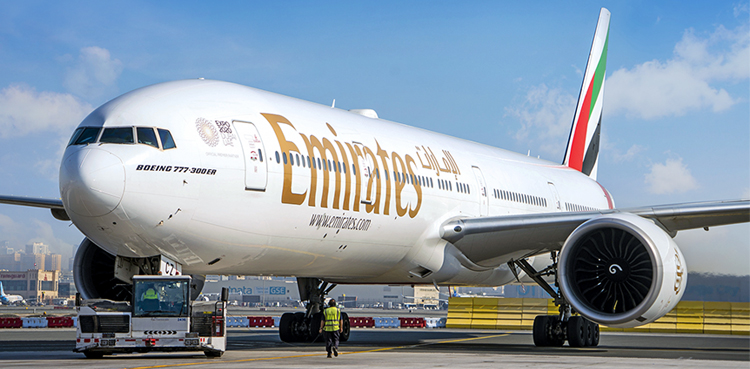Emirates President Tim Clark sees its aviation hub business model as central to the airline’s future despite the damage the COVID-19 pandemic has wrought upon parts of the travel industry.
As one of the world’s biggest long-haul carriers, Emirates has over the past 35 years transformed Dubai into a major gateway for international travelers and a tourism hub.
Global demand remains “hugely resilient” despite the pandemic and such crises can increase market segmentation as happened in the wake of the 2008 global financial crisis and the September 11 attacks on the United States in 2001, Clark said.
“That’s probably not what people are saying over there. But I can tell you that it is for Emirates. This is so, every time we have a global trauma it creates new segments for us, ”he said in an interview for Reuters Next Conference.
“And that includes the business segments, which everyone says are over now… We never shared that point of view.”
Clark said he expected Emirates to continue with the hub model and grow “at a pace beyond the pandemic”.
“Well, you can never say never. But as long as I’m here, that’s not going to happen (rethink the model), ”he said.
“This gives countries enormous economic power and they benefit from the power of the private sector to the state taking its share of the pie through the tax regimes that are imposed,” Clark added.
‘MODE UPTICK’
The aviation industry was hoping to emerge from the COVID-19 pandemic after intensive vaccination campaigns in developed countries, but the new Omicron variant has clouded hopes of a recovery as it threatens the December travel season.
Clark said Emirates was working on the basis that the new variant could be treated effectively with vaccines, but added that the next few weeks would prove to be critical. Read more
“We’re in what I would call bottom-up mode, but… there could be various concerns at any time, and we need to adjust our schedules accordingly,” he said.
Emirates planned to deploy an additional 60 A380s in response to improved demand, in addition to the 47 in service, but Clark said those plans would depend on the new variant.
Emirates is the largest customer of the Airbus A380 superjumbo, whose production is halted due to weak sales.
“The 380s have contributed to the profitability of Emirates since their arrival,” said Clark, describing them as “astronomically” good for an airport.
He said that even though the airline community had been deeply traumatized and adopted a risk averse approach to aircraft acquisitions, the dropping of large aircraft would “inhibit the capacity of airports” by reducing the cost of aircraft. flow of travelers.
“The most important thing to do is to resolve the cash flow situation in the future. So that means offloading the debt that they (the airlines) have contracted and strengthening the balance sheets, ”he said.
Governments have injected billions of dollars into airlines during the coronavirus pandemic and the Emirates state-owned company has received about $ 3.8 billion in equity injections from Dubai, of which $ 2 billion has been disclosed last year.
Clark said he doesn’t expect additional government support over the next year as long as the new variant doesn’t cause too much disruption



Leave a Comment